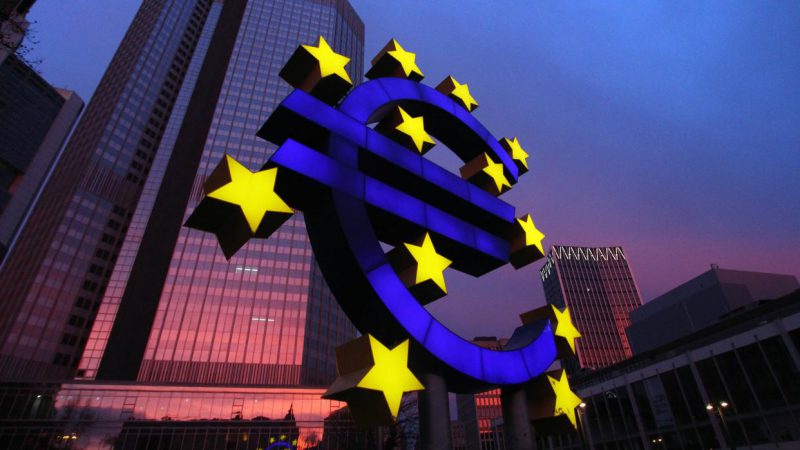The European Commission (EU) aims to simplify the process for commercial banks to hold stablecoins and tokenized assets. This comes after lawmakers initially proposed discouraging banks from holding cryptocurrencies as part of broader banking reforms.
However, a leaked document obtained by CoinDesk reveals the Commission’s intention to adopt a more moderate approach, in contrast to the stricter stance taken by the European Parliament earlier this year. The Parliament had suggested that banks should be obligated to maintain one euro of capital for the value of each cryptocurrency they hold.
Also read: European Union Passes Law Requiring Identification for All Crypto Transactions


EU Lawmakers Worried about crypto turmoil affecting Banking System
To address the potential impact of cryptocurrency market instability on the traditional banking system, the EU proposes imposing strict regulations on banks that want to hold cryptocurrencies and stablecoins.
Under their plan, cryptocurrencies would be assigned a risk weight of 1,250%, indicating a significant level of risk. This means that banks would need to maintain a high amount of capital as a safeguard. This is only if they chose to hold digital assets. The aim is to prevent any negative effects of crypto volatility on the stability of the commercial banking sector.


The EU commission document seen by CoinDesk states,
“Without a proper regulatory framework being in place to address the different types of risks faced by banks due to this new type of exposures, transmission channels between crypto-asset markets and financial markets might increase in type and size, leading to increased risks to financial stability and for individual banks.”
The plan will also necessitate that the supervisors individually check each bank to ensure that they are managing the risks of money laundering, valuation problems, and cybersecurity associated with crypto. Additionally, the document also outlines that it is not the commission’s formal position.





